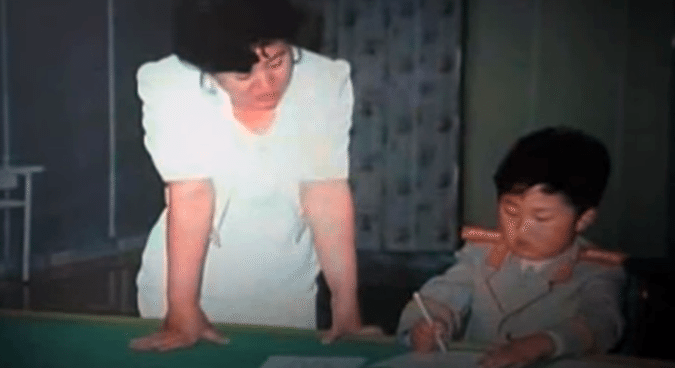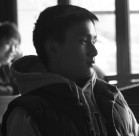
Kim Jong Un’s aunt, her husband sue defectors for defamation
Rumors prompting suit dealt with Kim Jong Nam ouster, use of ruling family funds for plastic surgery
South Korean lawyer Kang Yong-suk, on behalf of Ko Yong Suk and her husband Lee Kang, said that they have filed suit against three North Korean defectors for spreading false information about Ko and her family.
Ko Yong Suk is the younger sister of Ko Yong Hui, the mother to Kim Jong Un and third wife of late North Korean leader Kim Jong Il.
In 1998, Ko and her husband chose to relocate from Switzerland to the U.S., according to a 2013JoongAng Ilbo report.
The report noted that an anonymous South Korean intelligence source, who claimed that he had worked during former South Korean President Kim Dae-jung’s administration, told the paper that both Ko and her husband had gone through cosmetic surgery to change their identities and were living under the Central Intelligence Agency’s protection.
“The reason behind Ko’s defection to U.S. is still mainly unknown,” said Cheong Sung-chang, researcher at the Sejong Institute in Seoul.
“To my knowledge, Lee Kang was working as a North Korean diplomat and got into some trouble that was seen as problematic in the North Korean leader’s eyes.”
Cheong has also noted that Lee used to be called Park Kun prior to his defection to the U.S.
Lee visited the attorney on Monday to file suit against the three South Korean individuals, including a former officer from North Korea’s State Security Department, a former North Korean diplomat and the son-in-law of the former North Korean prime minister.
Their attorney stated that these three appeared on South Korean television programs from 2013 to 2014 and made false claims, including about Ko’s involvement in the ouster of Kim Jong Nam, older brother to Kim Jong Un, and the rumor that Ko paid for plastic surgery with Kim Jong Il’s secret funds.
“There is no way that these defendants would have known about the recent situation in North Korea as they defected back in the 1990s,” their attorney told Yonhap.
“Lee Kang asked why these defendants would claim such false information as if it were true.”
Yonhap said Lee showed his American passport to prove his identity to the attorney and has left Korea already.
Their attorney declined to provide NK News with additional details on the ongoing case.
Featured Image: Ko Yong Hui and a younger Kim Jong Un, from the North Korean movie 위대한 선군 조선의 어머님





